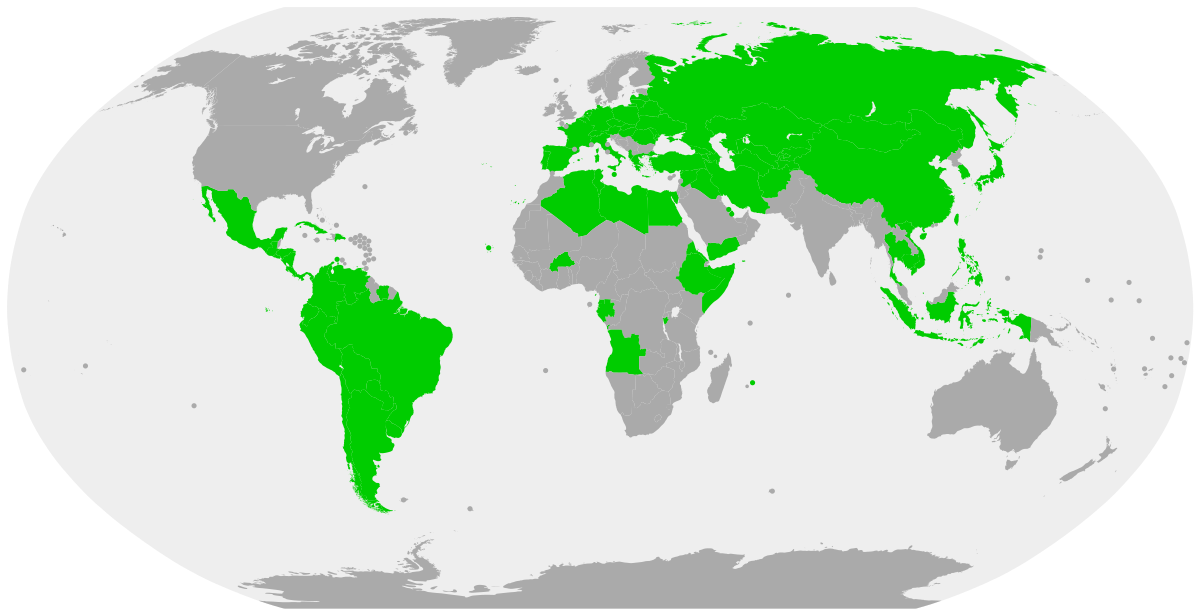Civil Law is reliant upon a codified and written law system, which is derived from the Roman legal system. It is the predominant legal system today in the world with about 60% of countries using this system. Compared to common law, civil law does not rely on precedent since it is based on looking at written statute, which are modified and changed throughout time.
It first originated during the Roman Empire in 600 CE with the establishment of the Roman law, which later influenced the creation of the Justinian Codes. These codes were established during the Byzantine empire, and the codes consist of past rulings and laws, such as family life and procedural law. While the Romans did establish the civil law legal system, the Code of Hammurabi was one of the earliest laws from ancient Mesopotamia that set the precedent for what is acceptable and not acceptable as well as the punishments that a person commits.
Eventually, civil law helped influence canon law, which are laws that govern the church. Civil law was crucial in defining feudal society. Several European countries began to codify their law, such as Austria, Denmark, and France to protect natural rights of its citizens. It also spread to other places around the world due to colonization, like Mexico and Brazil. It also served as the foundation of laws for socialist nations.
Some countries and states have a combined legal system (civil and common law). Scotland, Louisiana, and Canada are such examples.
Civil law is quite different from common law because of the role that judges and opinions play. Court opinions are a lot shorter in civil law systems because it is not applying the law to create precedent. Rather, there are codes that judges need to follow. Also, another distinction is that judges and lawyers are separate in contrast to common law in which experienced lawyers are chosen to be judges. There is also rarely a presence of a jury to make the case because the judge takes on more of an active role in investigating and deciding the outcome of the case.
It first originated during the Roman Empire in 600 CE with the establishment of the Roman law, which later influenced the creation of the Justinian Codes. These codes were established during the Byzantine empire, and the codes consist of past rulings and laws, such as family life and procedural law. While the Romans did establish the civil law legal system, the Code of Hammurabi was one of the earliest laws from ancient Mesopotamia that set the precedent for what is acceptable and not acceptable as well as the punishments that a person commits.
Eventually, civil law helped influence canon law, which are laws that govern the church. Civil law was crucial in defining feudal society. Several European countries began to codify their law, such as Austria, Denmark, and France to protect natural rights of its citizens. It also spread to other places around the world due to colonization, like Mexico and Brazil. It also served as the foundation of laws for socialist nations.
Some countries and states have a combined legal system (civil and common law). Scotland, Louisiana, and Canada are such examples.
Civil law is quite different from common law because of the role that judges and opinions play. Court opinions are a lot shorter in civil law systems because it is not applying the law to create precedent. Rather, there are codes that judges need to follow. Also, another distinction is that judges and lawyers are separate in contrast to common law in which experienced lawyers are chosen to be judges. There is also rarely a presence of a jury to make the case because the judge takes on more of an active role in investigating and deciding the outcome of the case.
EDUCATOR RESOURCES
| civillaw.pdf | |
| File Size: | 1724 kb |
| File Type: | |

